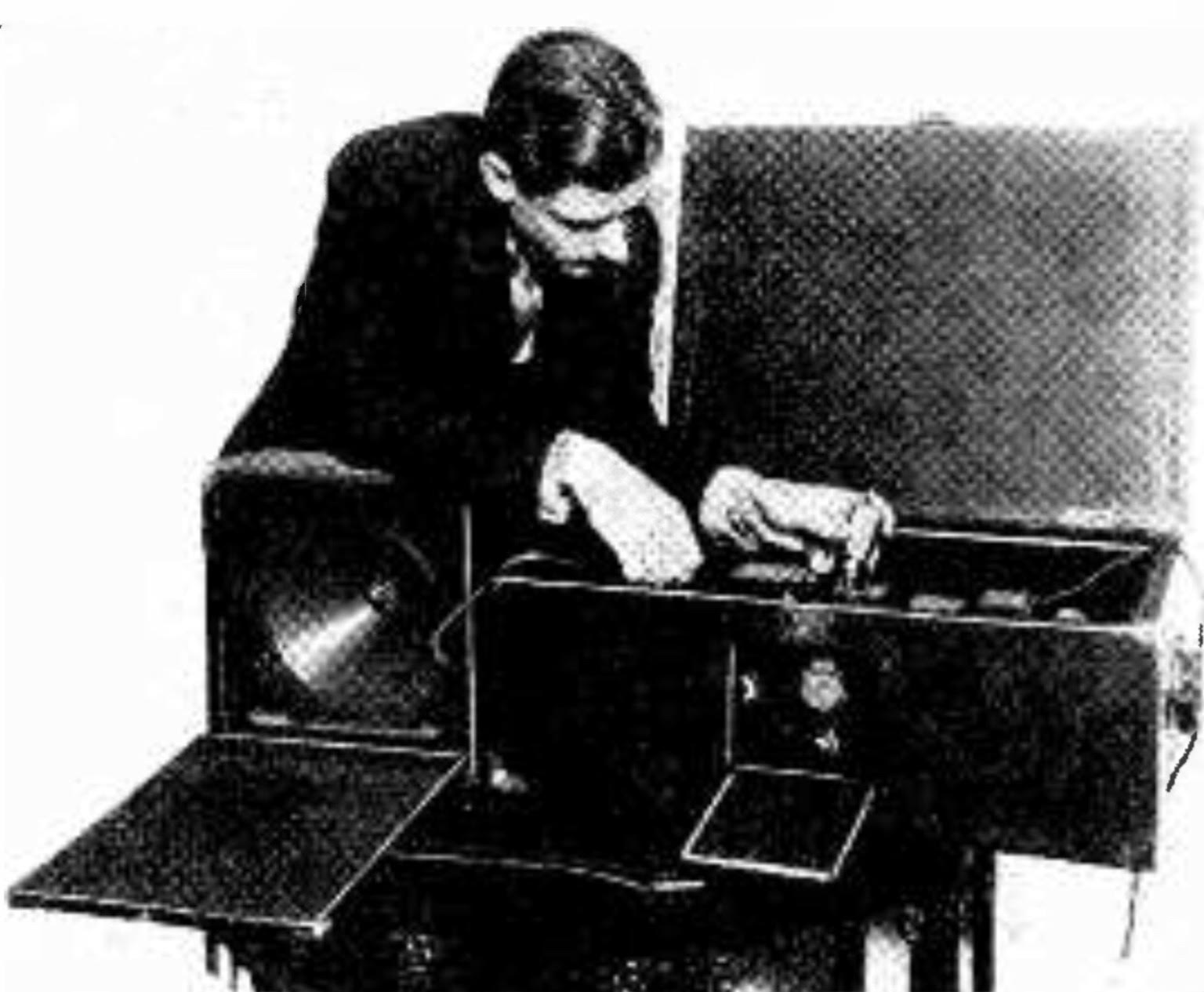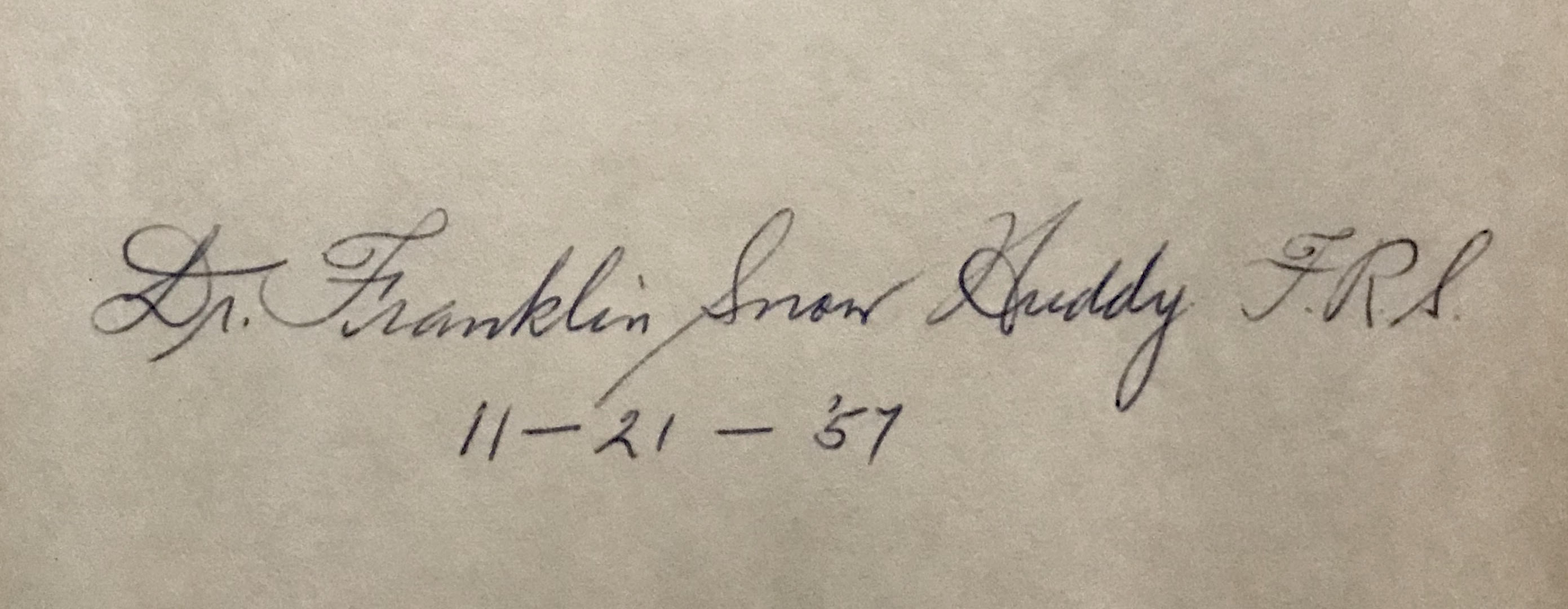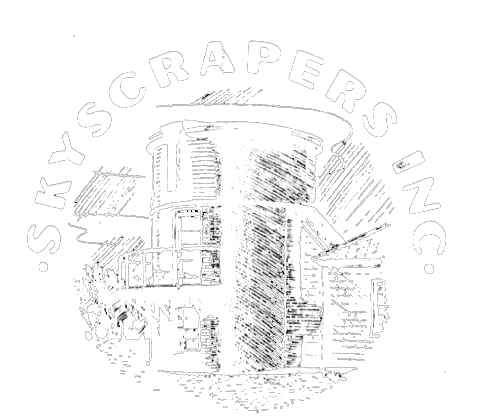The Shocking Story of Franklin Snow Huddy
February 2019 :
More than four decades ago, my interest in historical astronomy led to an insatiable passion for antique astronomy books. Many old books contain bookplates or names penned by previous owners. The Internet has enabled collectors to easily investigate the people who once owned the books in their libraries, which has become a bit of an obsession for me! All too often, this research quickly reaches a dead end, but occasionally a fascinating story emerges from the fog of time.
For many years, a 1957 book by Rudolf Thiel titled “And There Was Light: The Discovery of the Universe” has resided in my library. An old label indicates that it was sold by a book shop in Providence, RI. The volume isn’t rare or valuable and I wasn’t all that interested in it, but I kept it anyway. Recently, I decided to spend a few minutes checking out a name that was written inside the front cover 62 years ago: Dr. Franklin Snow Huddy. As the minutes turned to hours, my research trail led to Skyscrapers, the 1932 total solar eclipse and murder!
Franklin Snow Huddy, born in 1905, was a member of Brown University’s Class of 1928. He operated one of the most powerful amateur short-wave radio stations in the world. It was based in Chepachet, RI, where his father owned a country estate on Absoloma Hill. Huddy worked as a research engineer at General Electric and was head of the science department at Nathan Bishop Junior High School in Providence. In 1938, he graduated from the Massachusetts College of Optometry in Boston.
Huddy joined the newly-created Skyscrapers group in 1932, eventually becoming one of the club’s incorporators in 1936 and serving as president. One of his interests was meteor photography.

Huddy was part of the Skyscrapers contingent that witnessed the August 31, 1932 total solar eclipse from Sweden, Maine. They joined astronomer Charles Smiley, the Brown University professor who had founded the club. On eclipse day, Huddy performed a critically important service when he set up a short-wave radio receiver to pick up time signals from Washington, DC. “It was hoped to record very accurately the times of all four contacts and to improve our knowledge of the irregular outline of the moon’s disc,” noted Dr. Smiley. Measuring irregularities in the moon’s silhouette took on greater importance after inaccuracies had crept into astronomers’ predictions for the previous New England total eclipse in 1925. As it turned out, Smiley’s eclipse timings were only partly successful due to cloud interference.
In 1951, Dr. Huddy spent three months at a private hospital in Providence suffering from a “nervous ailment,” after which he was granted a trial home visit. That visit ended in tragedy. According to the “North Adams Transcript,” on November 29, 1951, Huddy calmly called and notified the police that he had just shot and killed his wife. He then took an overdose of sleeping pills. The dispatcher initially believed the call to be a hoax, but when detectives arrived at the scene, Huddy was waiting for them as his wife lay dead on the kitchen floor. Moments later, he collapsed and was taken to the hospital.
Huddy recovered and was indicted for murder, receiving a 15-year sentence followed by 20 years of probation. In 1966, Huddy was back in Superior Court seeking to be released from prison six months early. According to the “Lowell Sun,” he pleaded no contest to a reduced charge of manslaughter after physicians testified that he was “psychotic and not responsible” at the time of the shooting. The judge suspended the sentence on the condition that Huddy commit himself to a Vermont psychiatric hospital until the court permitted his release.

Inside my book, Franklin Snow Huddy wrote “11-21-‘57” beneath his name, indicating that he received the volume while incarcerated. Perhaps he was permitted to have a small library, turning to his love of astronomy to mentally escape from his prison cell. Huddy died in 1972 and is buried at Swan Point Cemetery in Providence.



